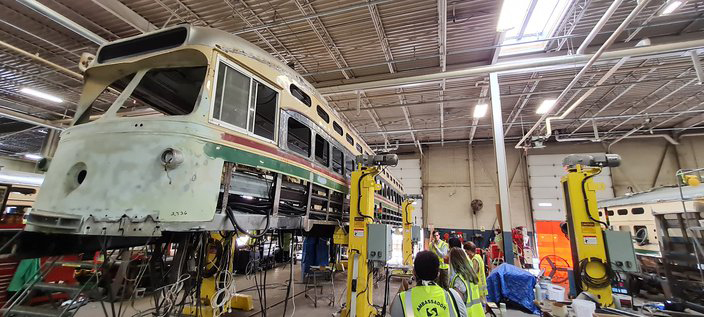
PHILADELPHIA — Fans of the Presidents’ Conference Committee trolley car, we direct your attention to Route 15 on the SEPTA system. This fall six refurbished PCC cars will return to the route occupied by buses since 2020, according to an AXIOS Philadelphia story.
The PCC cars were to begin operating this week, however, SEPTA is delaying the launch so that operators will have more time to familiarize themselves with the updates, says a story in the Philly Voice.
“There is going to be a slight delay with the trolleys returning to service, mainly to allow time for more operators to get training on them,” SEPTA spokesman Andrew Busch says in an email. “We expect they will be in service this fall; we don’t know the specific date yet.”
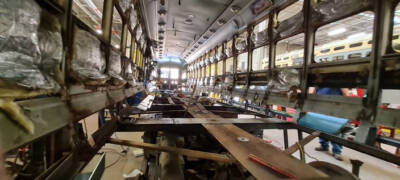
SEPTA has a fleet of 18 PCC cars, which were pulled from this route in January 2020, when 78% failed to pass safety inspections [see “End of the line for Philadelphia’s PCCs? Not so fast, says SEPTA,” News Wire, Jan. 20, 2020]. Since that time, the PCC cars, which date to 1947, have been moving through a restoration program costing around $250,000 per unit. The cars were stripped to a bare shell. New frames, side sheet metal, flooring, windows, heating and cooling, and wheels were installed, putting the cars in a condition that is better than when first delivered. Additionally, the PCC cars were brought up to current ADA accessibility standards.
Finishing the restoration is a fresh coat of the classic cream and green with maroon stripe paint scheme that helps make the cars popular. How popular is the paint scheme? Not only is it talked about on trolley fan pages, but the SEPTA gift shop offers a PCC car plush character resembling one of the classic trolleys. (It is sold out at the moment.)
“They’re definitely … unique,” Sabrina Eisl, a SEPTA senior project engineer, who leads the restoration’s design team, says. “I think that’s one thing that people really like, and one of the reasons why we’re keeping them around.”
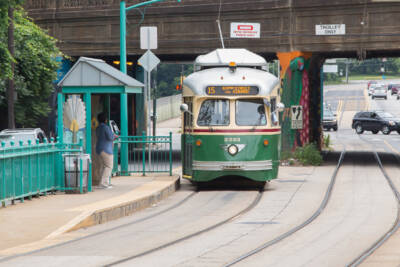
The plan is to have 10 to 12 of the restored PCC cars on Route 15, which runs along Girard Ave. through North and West Philadelphia, by the end of September. Buses will continue to supplement the trolleys to offer more frequent service and increased capacity.
In the long-term, SEPTA’s Trolley Modernization program calls for larger units to replace the PCC cars. The $1.8 billion project will support station renovations, new platforms, and handi-cap accessible upgrades across the system. Implementing the program could take decades, meaning that an investment in the old PCC cars is wise. It also presents more opportunities to ride aboard a piece of history.
(Updated Friday, Sept. 15, 2023 with information about the delay in PCC car operation.)






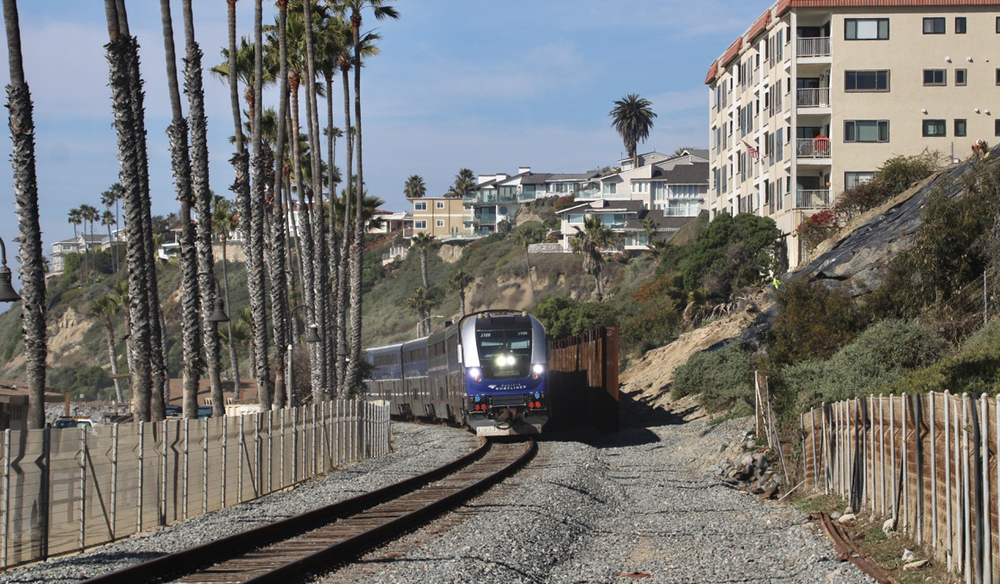
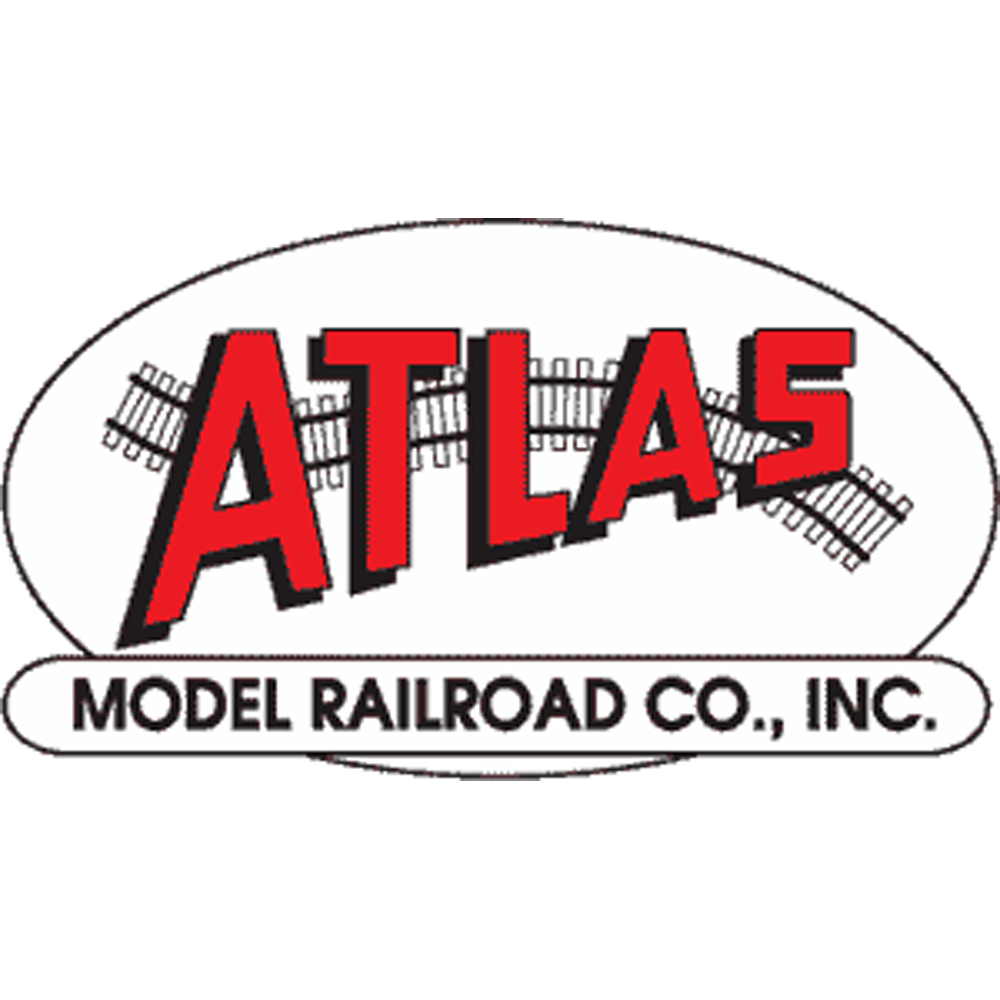
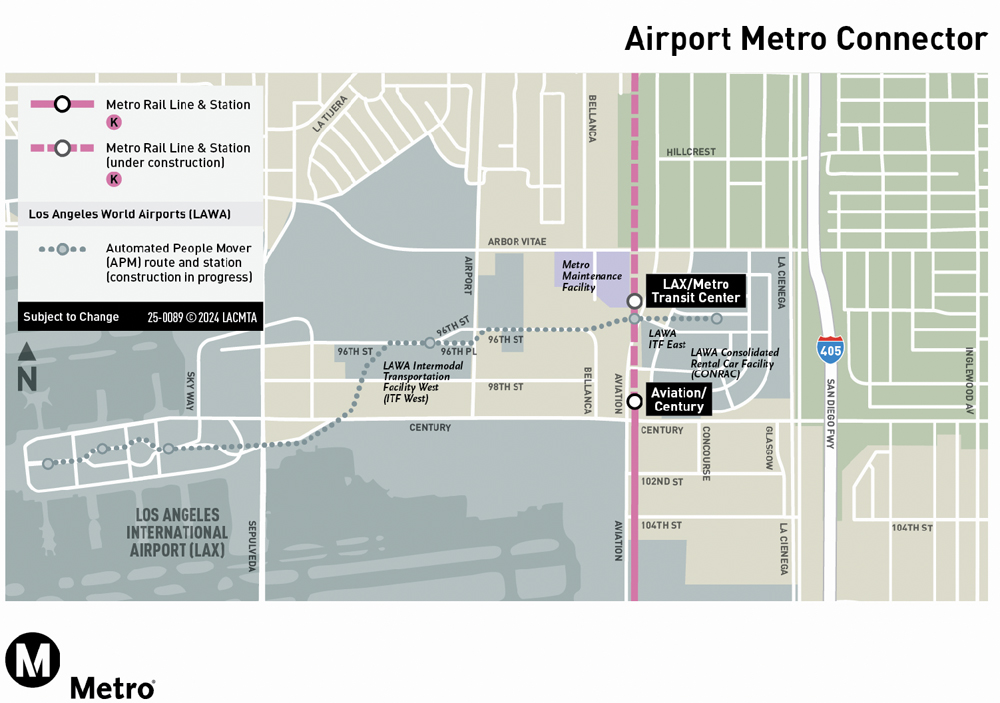
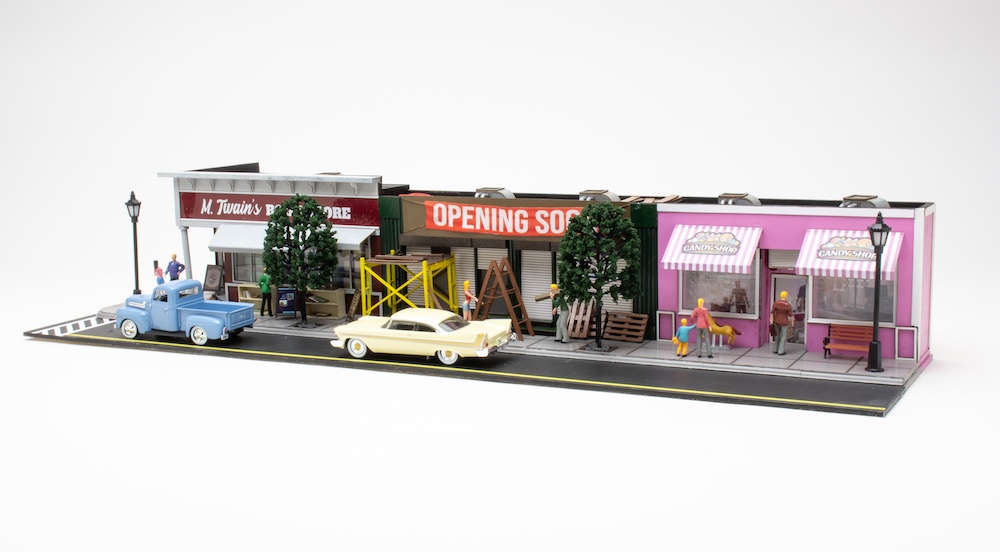




Through the retro trolleys’ many years in service, they have become so beloved that, along with fan pages and nonprofits dedicated to their preservation, SEPTA’s gift shop even sells plushies of the historic green-and-cream cars.
Dr. Güntürk Üstün
I don’t know if I am just getting used to the high cost of all things rail transit these days, but $250,000 per car seems like steal.
I wonder if the restoration includes updating the control system to modern standards from the original throttle/brake?
The controls were replaced in the first rebuild, by Brookville in 2003. This is the second rebuild, done in-house by SEPTA. The cars are now PCC III.
Good news for SEPTA…hopefully anti-graffiti paint was applied to these cars. And when out of service, these trolleys are housed in a gated, patrolled facility.
Actually, this announcement was a little premature. SEPTA had to postpone the return the rebuilt (for a second time) PCC-III cars.
Philly Voice reports:
“There is going to be a slight delay with the trolleys returning to service, mainly to allow time for more operators to get training on them,” SEPTA spokesperson Andrew Busch said in an email. “We expect they will be in service this fall; we don’t know the specific date yet.”
SEPTA is also planning to replace all its trolleys with new vehicles. The Kawasaki cars use on the five Subway-Surface lines and two Red Arrow lines are over 40 years old,
Philip, thanks for the updated information. We have revised the story to reflect the delay in launching the restored PCC cars.
Please continue to enjoy News Wire and Trains.com. — Bob Lettenberger, associate editor
Wonderful news for the PCC trolley car fans!
Dr. Güntürk Üstün
This is great news and I would imagine that plenty of railfans and trolley buffs are going to make Philadelphia an additional stop and besides watching and photographing trains will also be riding and taking plenty of photos and videos of these fine and reliable trolleys. These PCC cars were built in an era when things were built to run many years and last. It is not surprising that many of these old workhorses have outlasted their younger cousins and in some cases are actually being called back into service to replace the younger and newer cars. Philadelphia is using good sense and good taste in bringing these PCC cars back and like the trollies of the St Charles Avenue line in New Orleans and the San Francisco cable cars these are great tourist attractions and rides as well as providing efficient and reliable service to the citizens of Philadelphia. I mentioned San Francisco and its cable cars but they also operate a fleet of historic PCC cars on the F line on the city. Also the PCC cars of the Ashmont- Mattapan line in Boston. and one more mention For many years the city of Newark N J operated a fleet of PCC cars on the Number 7 City Subway line before being retired in 2001 and beling replaced with LRV eqquipment. The PCC trolley car still ging strong after almost 80 plus years of service on transit lines acroos the country. Hats off to Philadelphia for bringing these innovative and graceful looking cars back to life and service
Joseph C. Markfelder
Well said! I hope this post lasts longer than your last one.
Hurrah!! I love PCC cars